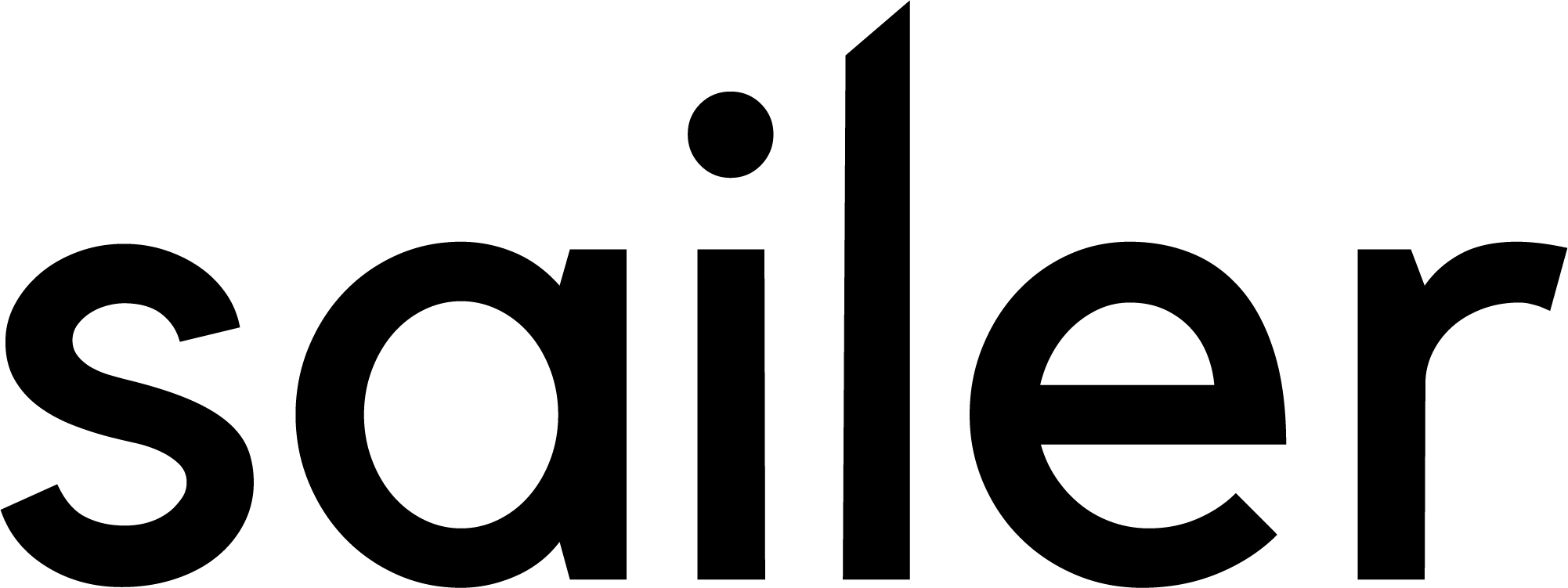Facilitation is a form of art and you only learn by practicing. A lot of what makes a great workshop however, is detailed planning. Even though workshops rarely end up going exactly to plan, a well devised plan (as in most things) serves as a great guide of action.
1. Make it engaging
I would argue that the most important thing in facilitating a great workshop, is making it engaging. Even though doing a lot of activities during a workshop can feel intense, it is important to make it the workshop, well, not boring. Because boredom kills creativity. Use printouts, whiteboards, Miro or Mural, make it interesting! Nobody wants to sit through a “workshop” that just feels like a six hour meeting.
2. Take breaks
It is necessary to take breaks during workshops and let the brain breathe. Hours of intense thinking dull the brain so make sure you have scheduled brakes to keep participants refreshed.
3. A little bit of fun goes a long way
People will be happy to participate and give you their best, if they are having fun. The less the “work” part in “workshop” is apparent, the better. Having fun also helps create a space with psychological safety, so that anyone attending the workshop can feel comfortable sharing their ideas, and not feeling judged.
4. Time and take charge
It is easy to get carried away during workshops so always use timers to keep track of time, and always reserve a bit more time than you think you are going to need. Keep the attendees in check by guiding them forward if they get stuck on a task or get carried away.
5. Ask questions and let people share
The “why” can often lead to great insights. Even though an idea can seem to lack potential to you as a facilitator, ask participants to tell you the thought process behind it. The “there are no stupid ideas” mentality will go a long way. Sharing ideas brings out insights others have missed and these insights often lead to new and improved ideas.


